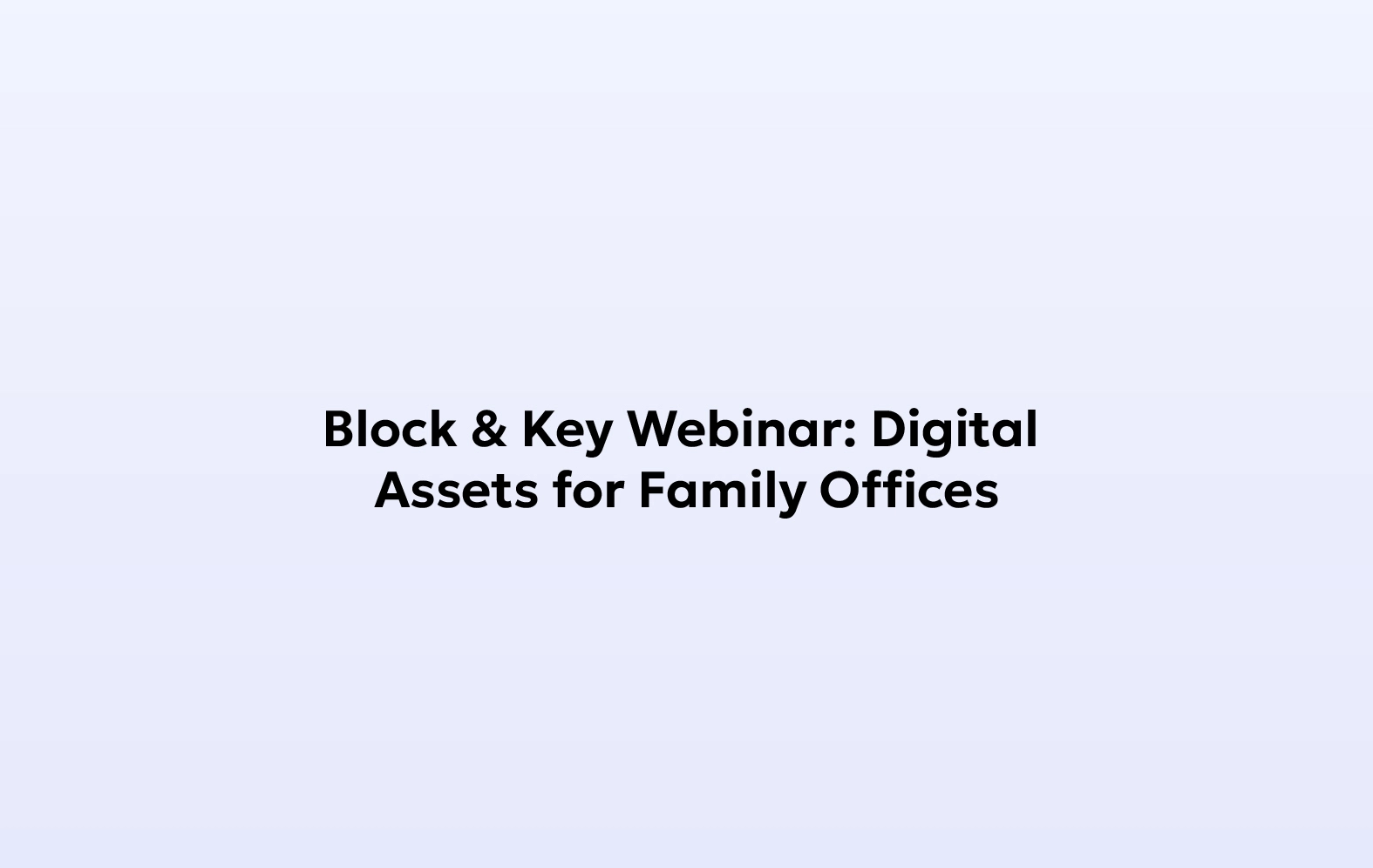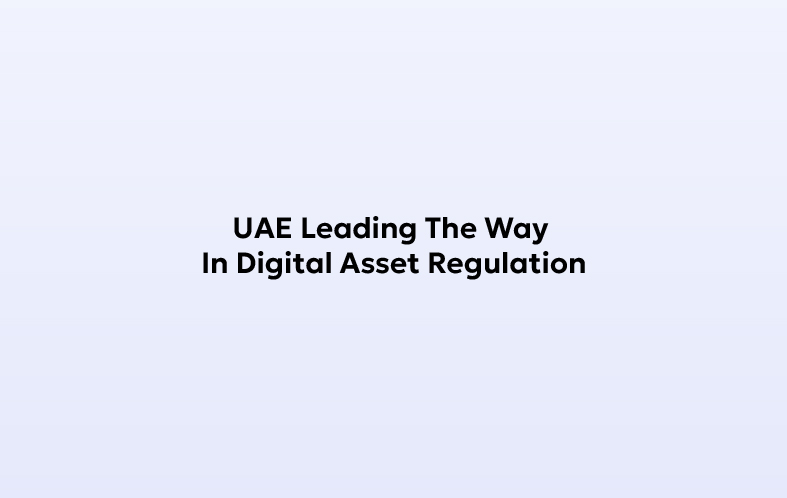The first digital money was called Bitcoin. It was started in 2009 by a person or a group named Satoshi Nakamoto. It’s still the most famous one today. And one of the best web3 crypto projects of all time.
But what is cryptocurrency? Cryptocurrency, also known as crypto, is a type of digital money that is kept safe using cryptography. It’s not physical money like notes, coins, or bills.
Cryptocurrencies work without a centralized issuing or regulating authority controlling them. Instead, they use decentralized systems such as consensus mechanisms and immutable ledgers to keep track of transactions and generate more currency units.
Key Takeaways
- Cryptocurrency wallets are like special types of lockboxes for your private keys.
- Crypto wallets keep your digital assets and cryptocurrency safe.
- Crypto wallets allow you to send, receive, and spend cryptocurrency.
What is a Crypto Wallet?
A crypto wallet is a software program installed on your computer or an external physical device, like a USB, that helps you keep and transact your digital asset, crypto-token or cryptocurrency.
You can think of a cryptocurrency wallet as a digital version of a real wallet. This digital wallet holds keys like you keep money and cards in a wallet. These keys are unique signatures that prove you own cryptocurrency and can use it. The wallet also allows you to use your cryptocurrency easily, just like a real wallet helps you use your money and cards.
With cryptocurrency, there’s no real money involved. One that you can touch or put in a physical wallet like you do with paper money (fiat currency). Instead, it’s a form of digital or virtual money that exists on a network of computer systems called the blockchain or web3 blockchain.
Even though you can’t touch it, knowing how much you have and how to access it is important. It’s no different from you wanting to know how much money is in your traditional bank account.
A cryptocurrency wallet helps you see how much cryptocurrency you own. It works just like a bank account that displays your account balance.
It also lets you conduct transactions with your cryptocurrency. You can send funds or receive them from other parties and partners. It is no different from using a bank account to send and receive money.
You can also use multiple cryptocurrency wallets to keep track of digital assets and manage your cryptocurrency.
Importance of Crypto Wallet
Crypto wallets enable you to collect and use cryptocurrency for lots of different things.
The best crypto wallet in India and globally plays an important role in ensuring that you can use your crypto currency and digital asset tokens in ways you use fiat currency from a bank account.
Use a crypto wallet as a tool that allows you to leverage the practical utility of web3 technologies:
- Managing digital assets: Crypto wallets let you see how much cryptocurrency you have.
- Sending and receiving cryptocurrency: You can use these wallets to send and get cryptocurrency from others.
- Leveraging decentralized apps: If you want to use (web3) decentralized apps that work with cryptocurrencies, you need a crypto wallet to connect with them.
- Username (public address): The digital assets are stored on a blockchain. In crypto wallet infrastructure, the usernames are associated with public key addresses. These public key addresses allow you to transfer funds on the blockchain.
- Managing your keys: Crypto wallet helps you control the private encryption keys you need to access and transact your cryptocurrency safely.
How Crypto Wallet Works?
A wallet for your cryptocurrency doesn’t really hold the digital assets inside it. Instead, it keeps a private key to control your digital assets. These cryptocurrencies are actually stored on a computer network called blockchains that everyone can see, verify, and audit.
You have to use a secret code called a private key to do things with your cryptocurrency, like sending or receiving them. This key consists of a special combination of numbers and letters that verifies your ownership.
Confused! What is a Public or Private Key?
Crypto wallet infrastructure consists of two types of keys, one is a private key, and another one is a public key.
- A public key functions like a bank account number and can be shared with others.
- A private key function like a secret password or PIN for your bank account should be kept safe.
In public-private key cryptography, every public key has a private key. These keys consist of a special code made up of random letters and numbers. They work together to (encrypt-decrypt) lock-unlock information and verify ownership on the web3 blockchain. It works just like how you lock and unlock things using a key.
How do transactions work with the crypto wallet?
It’s important to know that when you send cryptocurrency, it’s not like you’re physically passing it from your computing device to someone else’s computing hardware. Instead, when you want to make a transaction, your private key signs the transaction. Your crypto wallet hardware or software then broadcasts this signed transaction to the blockchain main net. The network uses this information to change the amount of cryptocurrency present in both the sender’s and recipient’s wallet addresses on its ledger.
But, how fast and safely these transactions happen can depend on the type of wallet you’re using.
Types of crypto Wallet
The following are the different types of crypto wallets:
Hot Wallet Vs Cold Wallet
Hot Wallet
The hot wallet is a category of crypto wallet. The wallets that are referred to as “hot wallets” usually use online software or web-based applications to store and protect the private keys for your digital assets.
- Web-based (Online) wallet: One very common type of crypto wallet is the web-based or online one. Not only that, but it is also one of the well-known types of crypto wallet India and across the globe because of its quick accessibility. It’s like a digital wallet that a website takes care of. The website, like a crypto exchange, holds your private keys. When you want to use your wallet, you just log in to the website. It’s good to choose one that has extra protection, like a two-step encryption. This way, using your cryptocurrency becomes simple, similar to using online banking or payment systems.
- Desktop wallet: With a desktop wallet, your private and public keys are kept in a computer program on your desktop.
- Mobile wallet: You can use a mobile app that safely stores your private and public keys. These keys help you access and use your cryptocurrency.
Cold Wallet
The cold wallet is also a category of crypto wallet. It is often referred to as a hardware crypto wallet. Cold wallets use offline electronic hardware devices to store your private keys and to retrieve data securely while signing transactions.
- Hardware wallet: Hardware wallet is considered the best self-custody wallet in India and across the globe by experts. A hardware crypto wallet stores your private keys for your crypto asset on a physical medium such as a special-purpose USB drive. Such kinds of USB drives are encrypted. Your keys are stored offline. Plus, they are ideal for crypto storage if you don’t plan to use them all the time. So, when you need to use your private keys to sign transactions, you connect the USB to a computing device, and then it’s safe again when you disconnect it.
- Paper Wallet: A paper wallet is an old-fashioned and low-tech way to keep your private keys safe. You write down the private keys and public keys on a piece of paper to keep them secure.
Difference between Custodial and Non-Custodial Wallets
Custodial Wallet
The custodial wallet is a type of crypto wallet. The private keys associated with custody wallets are stored and managed by someone else (third-party provider). This third-party provider usually includes crypto exchanges. Crypto exchanges are the place where you buy and sell cryptocurrencies and digital assets such as collectables. You might prefer crypto custody platforms such as Binance and Coinbase because they offer an easy on-ramp for your cryptocurrencies.
Additionally, storage support is provided by the same crypto exchange that lets you trade your crypto holdings. But the safety and security of your wallet are at risk since a third party is handling your private keys. However, not all crypto exchanges automatically provide custodial wallet services for you.
Non-Custodial Wallet (Self-custody)
A noncustodial wallet, also known as a self-custody wallet, is a crypto wallet that lets you hold your private keys. You have to manage your non-custodial wallet’s private keys to keep your cryptocurrency safe on your device. These wallets can be pieces of paper with the private key written on it, or software wallets managed by you. These self-custody crypto wallets help you easily keep your crypto money safe. These wallets are considered to be safe because they’re not provided by the exchanges that enable your trades and hold your keys as digital asset custodians.
Benefit of Custodial & Non-Custodial Crypto Wallet
Noncustodial Wallet Benefits:
- You’re in charge of your private keys and entirely own your crypto currency.
- You can quickly use your crypto whenever you want.
- Transactions are harder to be controlled or censored by others.
Custodial Wallet Benefits:
- Easy to use because it’s connected to a wide range of services.
- You can change your cryptocurrency to fiat currency easily.
- Third-party wallet providers manage your wallet and keys.
Example of crypto Wallet
Cold Wallets:
Ledger Nano: It is the best Hardware Crypto Wallet. Ledge offers various hardware wallets like the Nano S and Nano X devices.
Hot wallets:
MetaMask: It is the best crypto wallet for Ethereum. The wallet is available on Android and iOS. It is also available on desktop as a web browser extension.
Electrum: It is the best desktop Bitcoin wallet.
Coinbase Wallet: It is the best crypto wallet for beginners. They offer all three kinds of crypto wallets: online, desktop, and mobile choices.
Exodus: It is the best wallet for a desktop. They give you choices for a crypto wallet you can use on your computer or phone. You can also connect it to the Trezor hardware wallet if you want.
Crypto.com: It is the best deFi wallet. The exchange offers different services to its users, like a crypto wallet that you can use on the website and a mobile app.
How to choose the best crypto wallet
First, you should find a wallet that allows you to save different types of cryptocurrencies. Why? You can manage a few wallets and keys if your wallet has multi-currency support. It’s important to find a wallet that offers shared ownership and allows multiple owners to sign a transaction before executing it. Multi-Signature Wallets could be a potential pick. The multisig wallets might need approval from all the owners or just some of them. This is helpful when sharing digital asset ownership and access with others. Plus, it is helpful when staking coins or cryptocurrency for a protocol.
When you’re picking a wallet or digital asset custody platform, look for features such as private key backup, crypto-transaction annotation and multiple sub-wallet support.
At Liminal, we’re working diligently to create a comprehensive, secure, and user-friendly wallets, especifically hot and cold wallets with custodial and non-custodial setting for institutions who process millions of transactions everyday and look for robust, scalable and sustainable wallets to run their applications.
FAQ
Are crypto wallets secure?
A cryptocurrency wallet is a safe place for your cryptocurrency. But there are different kinds, and some are safer than others. Cold storage wallets, also known as hardware wallets and non-custodial wallets, are usually the safest because they keep your secret codes offline, plus the private key is in your custody.
Can I have multiple wallets for different cryptocurrencies?
Yes, using different types of crypto wallets for different purposes is considered a good practice because it helps you get to your cryptocurrencies easily and diversifies your risk. Even though numerous non-custodial and custody wallets are adding more types of cryptocurrencies, you still need different wallets to reach all the available ones.
Are there any risks associated with using online/mobile wallets?
There’s a chance malicious actors or hackers might try to get into your digital custodial wallet and use your payment info to send and receive digital assets and cryptocurrencies without your permission.
Can I use the same wallet for different cryptocurrencies?
Some wallets for cryptocurrency can only hold one type of cryptocurrency. But other types of custody and self-custody wallets can hold many kinds of cryptocurrencies, such as Bitcoin, Ethereum, Polkadot, and more.
Can I transfer my crypto from one wallet to another?
Moving cryptocurrency to a different wallet is similar to transferring funds to another person. Generate a set of keys for the wallet that will receive the cryptocurrency, and then send the cryptocurrency from your current wallet to that public key address.
Do I really need a crypto wallet?
While most crypto exchanges will allow you to store your digital assets such as cryptocurrencies in an online, custodial, web-based wallet, but to keep your digital assets safe, it’s best to use an offline non-custodial type of crypto wallet as well. Such crypto wallets require a special key to open it, and once that key is made, no one can copy it.
Are crypto wallets safe?
No, not all cryptocurrency wallets are safe. This year, there have been a lot of security breaches. Hackers usually try to steal crypto wallet’s private key. And to steal your personal information, they go after things such as browser add-ons and the operating system of your computer.
Is crypto wallet real money?
For a few years now, legal authorities and banks have been talking about whether to treat cryptocurrencies as a “real currency.” This would mean recognizing it as actual money. But right now, the federal reserve and subordinate banks don’t see cryptocurrencies as real money.
What kind of crypto wallet is best?
Non-custodial Cold wallets are considered to be the best crypto wallets by experts.
How many cryptocurrency wallets are there?
There are three kinds of crypto wallets: paper wallets, software wallets, and hardware wallets.






